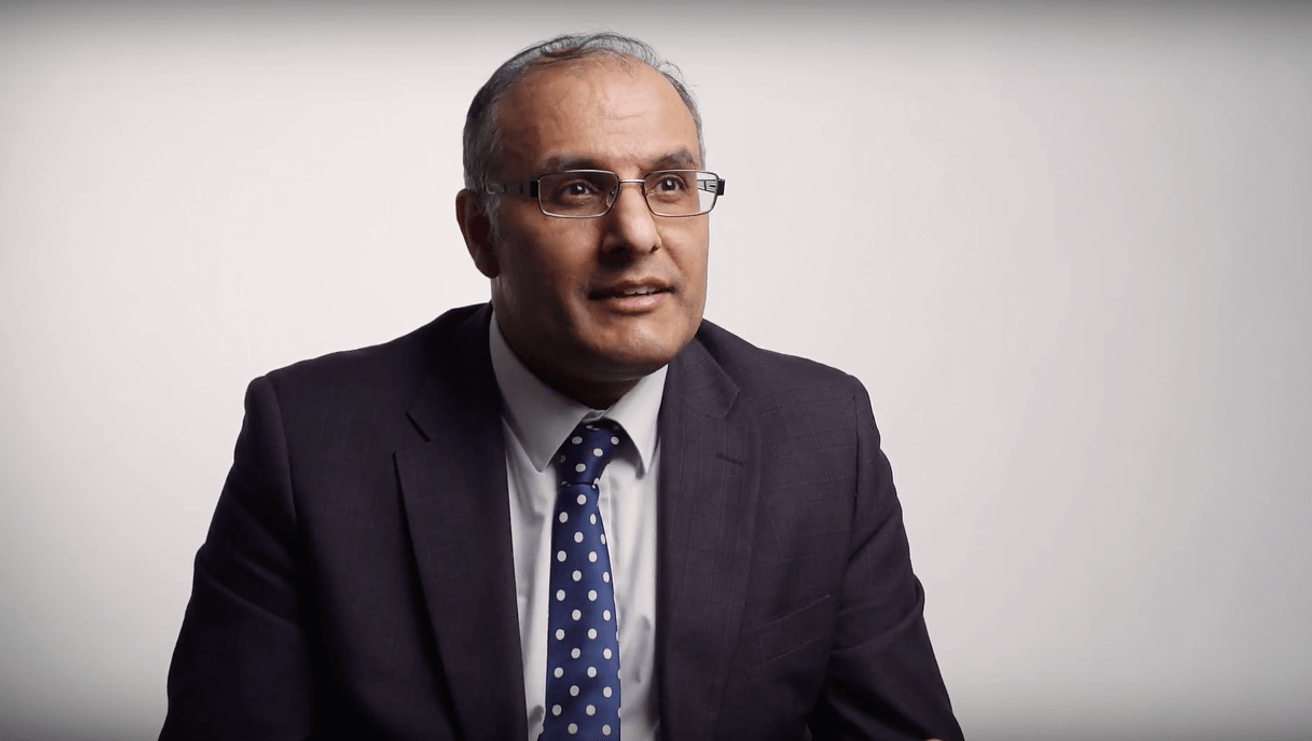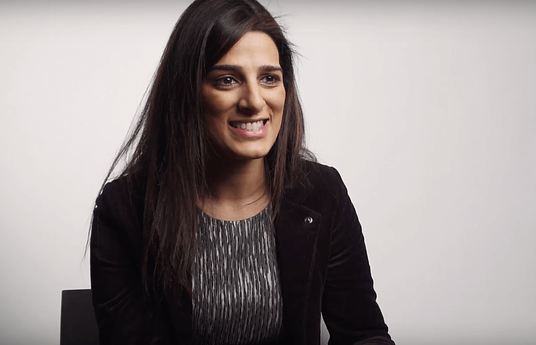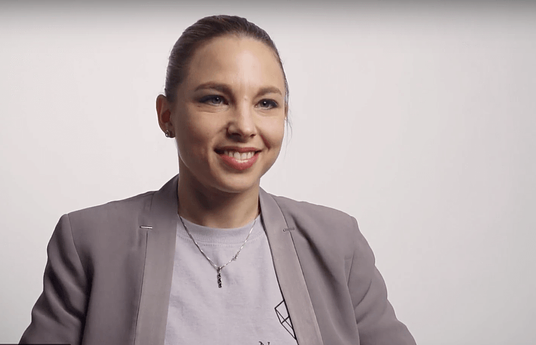Ranjit Singh
Ranjit Singh is a former deputy Headteacher and current CEO of Genee World, a British based manufacturer of educational software and hardware solutions.
Do you feel that the current way we are educating children fully prepares them for the needs of the 21st century?
I think the skills children will need in the future will be very different than the skills we need now, theres job that haven’t been created that children will be going in to. So, what’s really important is that we teach children how to be independent learners, critical thinking, how they can investigate and find out for themselves about whatever they are learning. I think teachers will become more of a facilitator rather than directing. The environment is changing tremendously because of that.
I think digitalization will be a key part of the future. Digital technology allows children to be more creative, it also allows them to be able to collaborate and work together, a lot of the new technology coming out now allows children a very clever way to share content and work together on problem solving.
There’s also a lot more interaction in the classroom now, there’s augmented reality and virtual reality now coming into the fore. There's also a lot more technology that children carry around with them, whether that be a tablet or mobile phone and the power of that is that children can be a lot more interactive in terms of their learning.
What is the role of the teacher?
The teacher is probably the most important person in the classroom. The role of the teacher is encouraging, motivating, inspiring children to want to learn. There’s a lot of technology now that children can be inspired about, I think everything from touch screens, touch tables, tablets coming into the classroom, there’s a lot of interactive technology like AR and VR. So, there’s a lot of new technology that’s coming in. I think the role of the teacher is to understand how children can access that and for their learning aspect. I think the teacher is still the most important person, still the person that has the knowledge of their subject, but really using new technology and new tools trying to integrate that into the classroom.
One thing that’s always been important is sharing ideas, we developed a product called Genee Share, so teachers can share content and ideas on all of our products around the world. Why reinvent the wheel? If a teacher has created a fantastic maths lesson, share it with other teachers. That to me makes perfect sense. So, it’s good for teachers to share, both in the same country and in others and if something works they should let others know so other teachers can utilize it as well.
What do you feel the most exciting or effective learning environment would be?
A really effective environment is something that immerses the children in what they’re doing. If the children are engaged and inspired, if they want to learn that particular topic, if we can make that topic interesting, if we can make them engage in that topic, rather than just working straight off the textbook, if there’s something interactive about it, something that requires the person to have put more thought into it then that really creates an engaging environment, I think children talking to each other about a problem and coming up with a solution can be quite engaging as well. I think touch technology really helps in terms of that collaborative aspect.
Do you think standardized testing is the most effective way to judge learning?
I think it’s one way, standardized assessment is one way to judge learning but I think there’s lots of other ways, formal and informal assessment goes on all the time in the classroom and I think there’s lots of ways that children can be assessed, for example recording - this could well be an assessment for a teacher, we’ve had products which are visualizers which can slow things down, so if you’re looking at a flower dying, or a chemical reaction, you can slow that chemical reaction down so the children can understand how that happens.
Sometimes practical assessment, children are independent learners and you want them to go out and find out for themselves and to be able to assess how they’ve done that. So there’s lots of other ways rather than just standardized, formal tests. I think assessment in the classroom is a great way of doing it.
What role do you think government should play in education?
I think the government has an important role to play, there’s no doubt. The government’s responsible for funding, the government sets the agenda, sets the framework in which teachers and assessors work and I think based upon what the policy is it will drive technology. So, if the policy is encouraging children to work collaboratively or project based, or using coding and programming, then that is going to be reflected in the industry, because the industry will then develop products based around what the government’s agenda is. So, the role of the government is absolutely essential.
What’s important is that there’s consistency, that policy doesn’t change very often so teachers know where they are. Many teachers that I talk to say that because of policy changes they don’t know where they are right now. So I think stability, keeping something that teachers know where they are, keeping the curriculum stable and then facilitating an engaging environment, I think the government has a really important role in that.
In your experience, can an innovation that works in one place work in another?
Absolutely. We sold into India at Genee world in 2005, we found some amazing work being carried out by Indian students using technology and they were very creative and very innovative. Different types of schools, some special needs schools or schools without much funding, some of the creative and innovative things they do is absolutely fantastic, so I don’t think innovation is restricted in terms of boundaries or countries or even restricted in terms of types of schools.
What was your favorite moment or experience in your own K-12 education?
I enjoyed school very much, I quite enjoyed practical subjects, resistant materials, woodwork and metalwork, because you were able to come up with an idea, a product design and then you were able to make it. I quite enjoyed anything that involved coming up with ideas and then making those ideas happen, making them a reality. So subjects that facilitated that. I became a technology teacher probably for that very reason, I quite liked designing something that could then be used by someone else.
I had a number of teachers I quite liked, all of the teachers I have fond memories of were quite engaging, not very dictatorial, they’d allow you space and time to be able to learn and gave you opportunities to independently learn. Where I went to school not that many people went to university and one teacher encouraged me to do that, so that was good.
The next 100 years of education should… create young people who continue to develop new ideas. For humankind we’ve got to continue to evolve, to develop new technology and I think teachers have got to give children opportunities to be inspired, to be creative and we’ve got to create an environment where children want to come up with ideas and inventions that haven’t been created yet.


